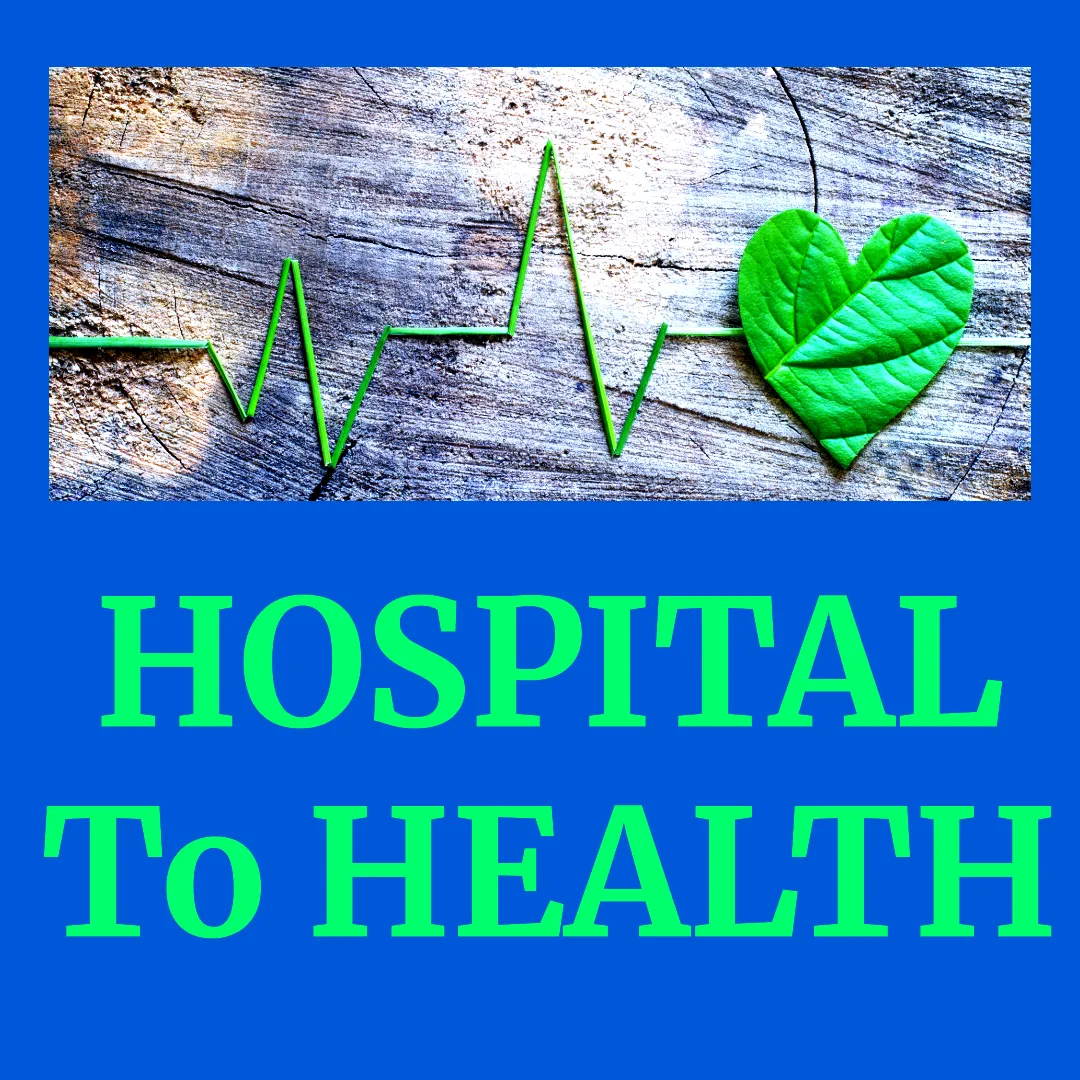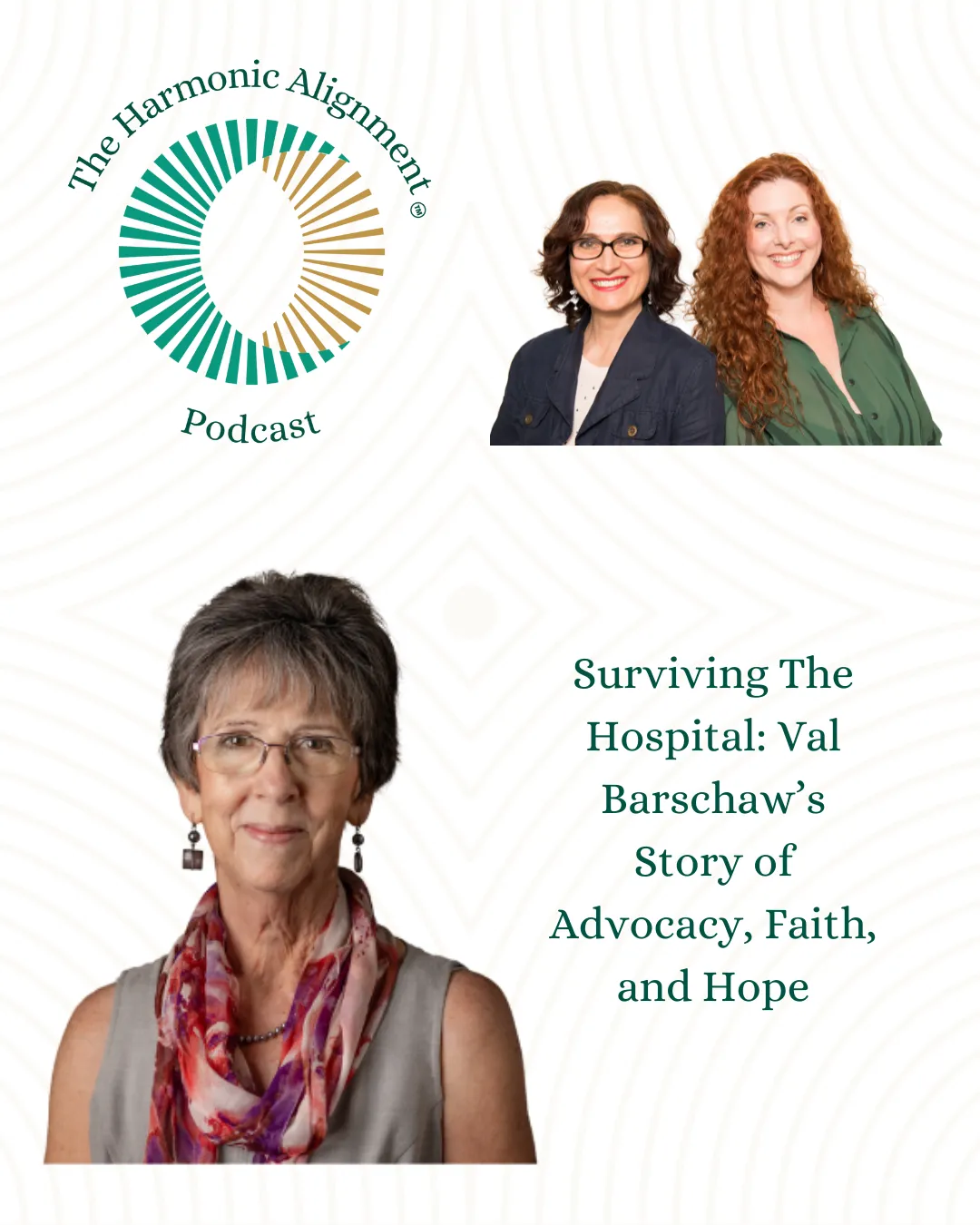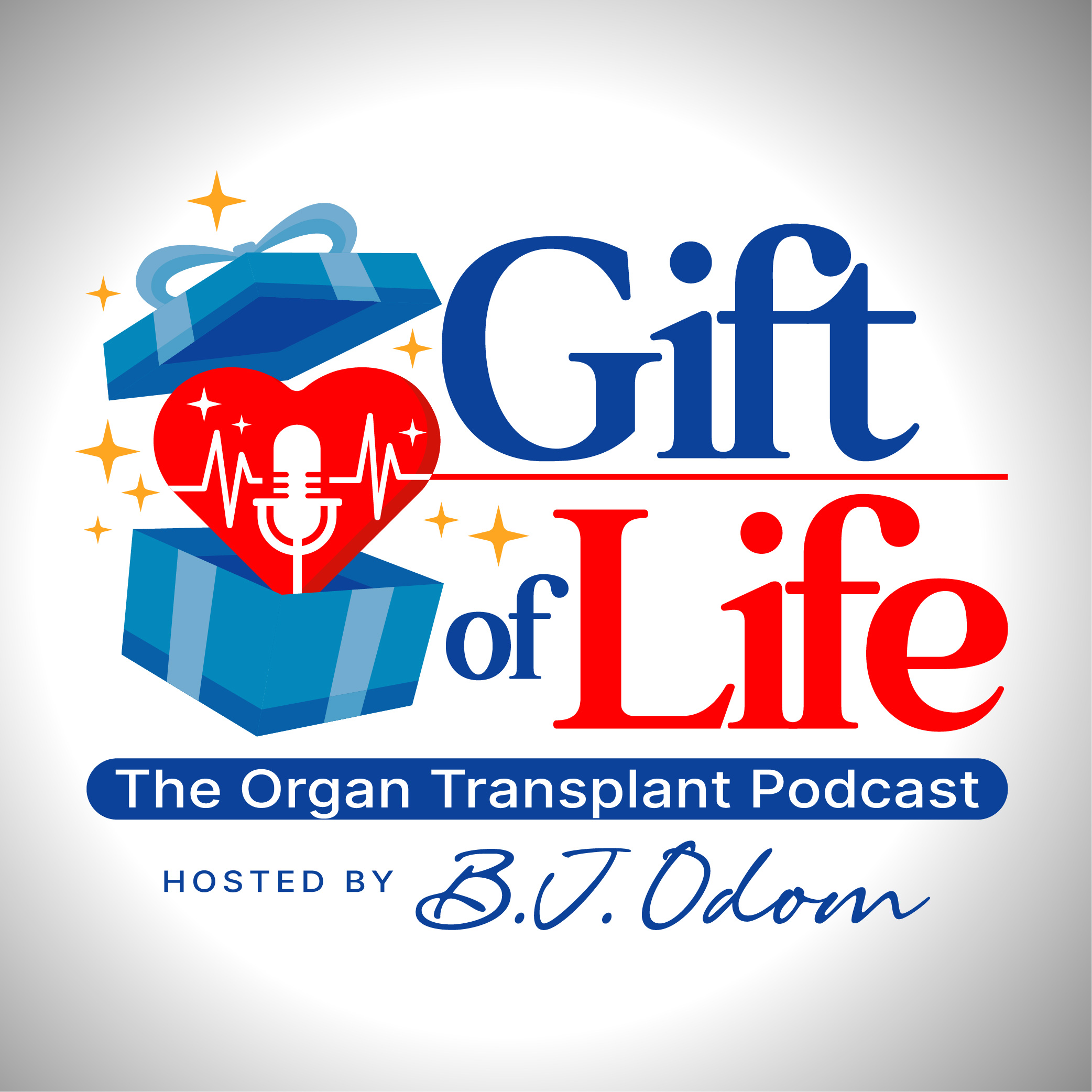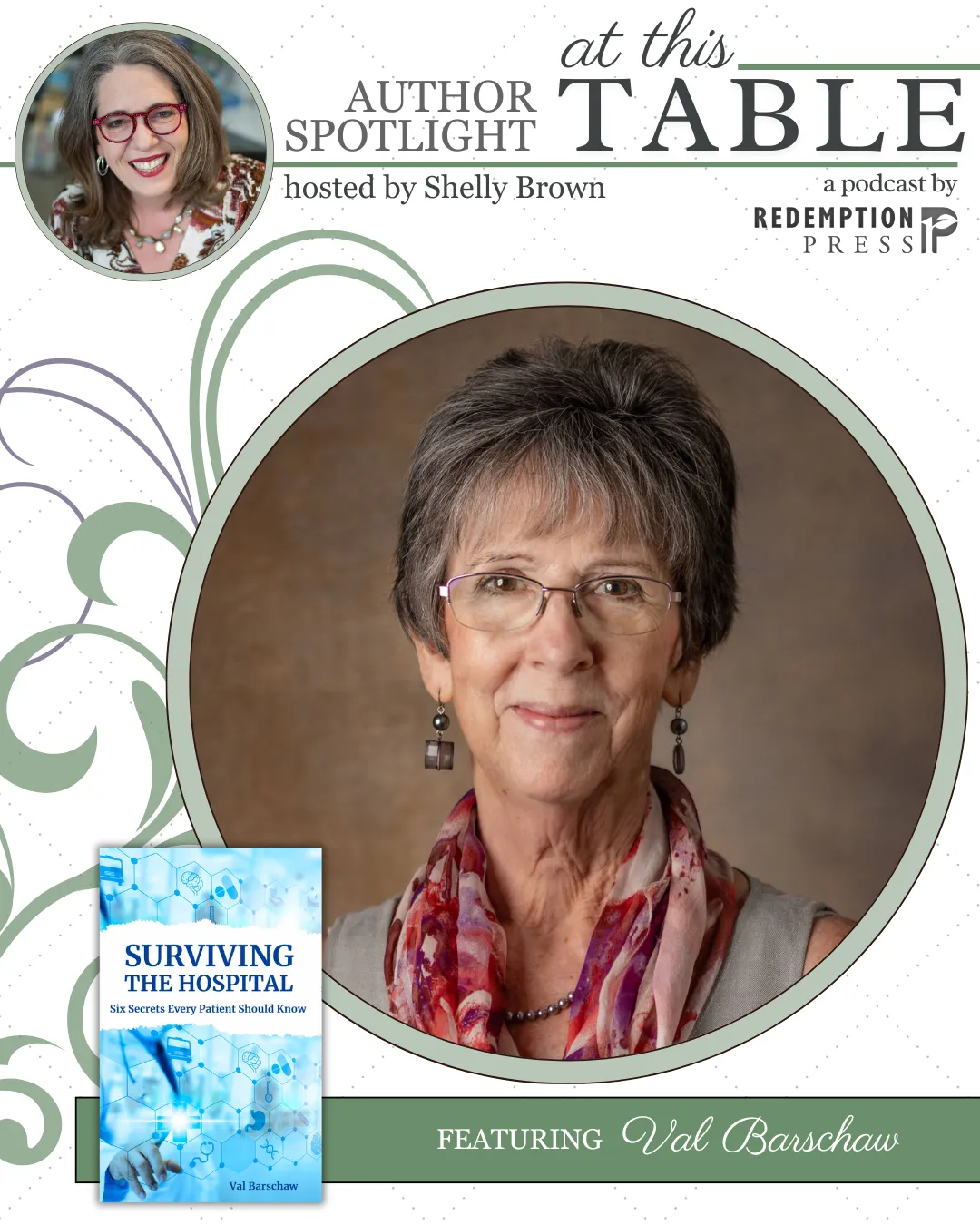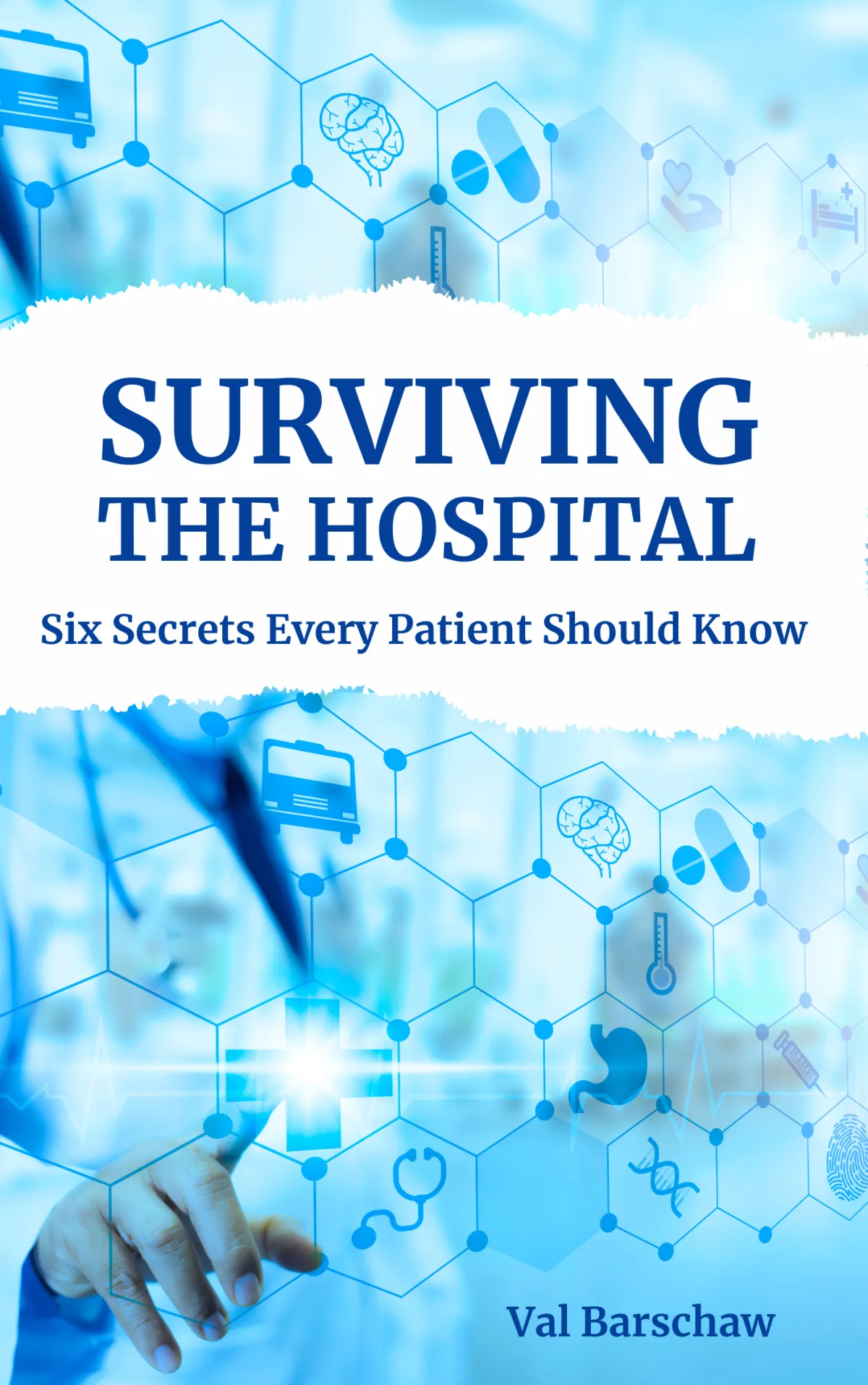
About

I'm Val Barschaw, and I help individuals achieve the best outcome possible in their hospital journey.
My passion for hospital advocacy and patient recovery stems from personally navigating ten challenging years alongside my husband, Bill, as he waited for a heart transplant. During this journey, I learned invaluable lessons on surviving and thriving in the hospital environment. Through sheer determination and love, I not only helped him through numerous setbacks but also celebrated milestones in his recovery.
Several key achievements marked our journey, including witnessing the incredible power of prayer which uplifted both us and the hospital staff, summoning the courage to hit the emergency control switch that ultimately saved Bill’s life, and developing clear, effective communication strategies across a myriad of doctors and medical staff. These experiences forged a deep understanding and unwavering resolve within me.
It has now been 25 years since Bill received his new heart, and he continues to be my hero and inspiration. Today, my mission is to share our story and the comprehensive strategies we've developed so others can foster hope and achieve more positive hospital outcomes. I am dedicated to empowering individuals with the knowledge and tools they need to advocate for themselves or their loved ones during hospital stays and beyond.
Transforming Hospital Stays into Healthy Outcomes: Your Path Continues Here
Navigating the journey of a hospitalization can be challenging, but at HospitalToHealth.com, we provide support and resources to enable you to enter your journey feeling more confident and prepared. We believe, you're never alone on your path to health.
Events
The 5 Decisions That Turn Patients Into Hospital Heroes
Schedule your group today!
There's an art to medical communication that most people never learn, but desperately need.
This topic isn't about making millions or the latest trend. It's about something far more valuable – your health and peace of mind. Whether you're dealing with ongoing health issues or simply want to feel more confident in medical situations, you're in the right place.

Schedule this today - for details & dates Email [email protected]
HELP YOURSELF AVOID PREVENTABLE ERRORS
SCHEDULE A COMMUNITY TALK
AND
MEET AUTHOR VAL BARSCHAW
THREE DATES AVAILABLE - BOOK NOW TO PICK THE BEST ONE FOR
YOUR ORGANIZATION
SPECIAL ANNOUNCEMENT
I had the pleasure of being a guest on the Gift of Life Podcast, hosted by B.J. Odom, himself a transplant survivor.
Listen as how after walking beside her husband Bill through his heart transplant and witnessing firsthand the realities of hospital life, Val felt called to share what she learned - not just for patients, but for families and caregivers navigating the healthcare system. .
You can listen to this episode #95 using the link above or from the website at GiftofLifePodcast.com
I had the pleasure of being a guest on the So God Told You to Write a Book - Now What?
Hosted by Wendy Jo Cerna, where you'll find encouragements, writing tips, motivational stories and practical instruction about getting your ideas up and out of your belly and into a published book.
Be sure to listen and subscribe to - So God Told You to Write a Book - Now What?
You can listen to this episode using the link above or from her website at www.wendyjocerna.com
I had the pleasure of being a guest on the Harmonic Alignment Podcast.
Hosted by Priscilla Coblentz and Dr. Larisa Sharipova, this podcast explores the new frontier of energy medicine.
Each week Priscilla, Dr. Larisa, and experts in a variety of fields bridge the gap between western medicine and quantum physics by offering practical solutions that make these groundbreaking concepts accessible to everyone.
You can listen to this episode using the link above or you can watch it on Youtube
What if What if one simple act—asking a question, keeping a list, or wiping down a surface—could prevent a life-threatening mistake in a hospital room?
Hospital stays often come with fear, uncertainty, and a sense of helplessness. Most people assume that once they enter a hospital, their care is entirely in the hands of medical professionals. But what if preparation, awareness, and simple practical steps could dramatically improve outcomes—and even prevent life-threatening mistakes?
What if you could prevent hospital mistakes before they happen?
Listen to this episode of the Disruptive Dialogue Podcast with practical strategies that can protect patients and caregivers alike.
This message is simple but powerful: you don’t need policy change to stay safe—being informed and proactive can make all the difference.
🎧 Listen on YouTube, Spotify, and Apple Podcasts!
Other Works - Blogs & Webinars
Dabble Dabble Do
Stop dabbling with your health. Learn simple, actionable steps to prepare for surgery and become an empowered hospital hero. Free guide included. ...more
Patient Advocacy
February 11, 2026•3 min read
FAQS
How can your speaking engagement fit within our tight schedule?
I understand that time is a precious commodity across all sectors. That's why my presentations are meticulously designed to deliver maximum value in a concise format. I offer flexible session lengths and can tailor my content to fit within your specific time constraints, whether it’s a brief lunch-and-learn session or a more comprehensive workshop. My goal is to provide actionable strategies that can be immediately applied, ensuring that the time invested is both efficient and impactful.
Do you have other books to share?
Thank you for asking. Our mission is to empower people across the many sectors of a hospital journey. This includes: spouses, caregivers, advocates, healthcare professionals and friends. We have plans for future books in each area that is specifically curated to the needs of that segment of the team. This allows them to get immediate help for what pertains to them the most - at their most critical time. Next release (currently in the making) is called "Surviving the Hospital - The Secrets the Spouse Needs to Know". I encourage you to sign up for our newsletter so you can receive updates on its progress and be the first to know when it becomes ready for release.
If you could only give one piece of advice to someone going into the hospital, what would that be?
While there are so many moving pieces in today's healthcare environment, there is one thing that stands out the most to me. List and know your medicines!!! (yes, three exclamation points) Know their name, what they are supposed to do and not supposed to do and be sure to have them all listed in one convenient place. That's why, before my debut book was even ready, I created the MedCheck Mastery Guide and provide a free download. Every person on a prescription needs to have this... and I know from both experience and the statistics - this could be the thing that keeps you alive.
